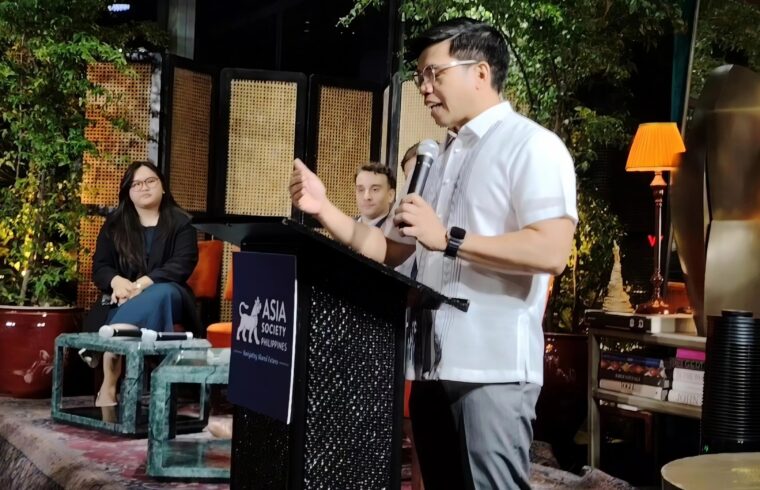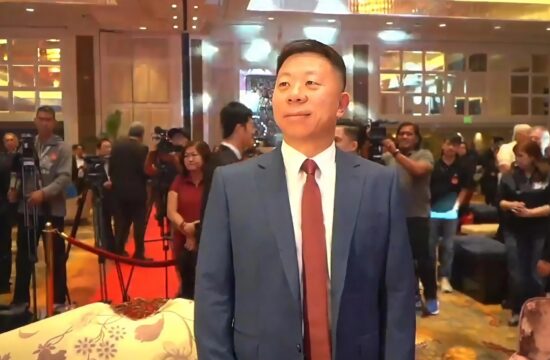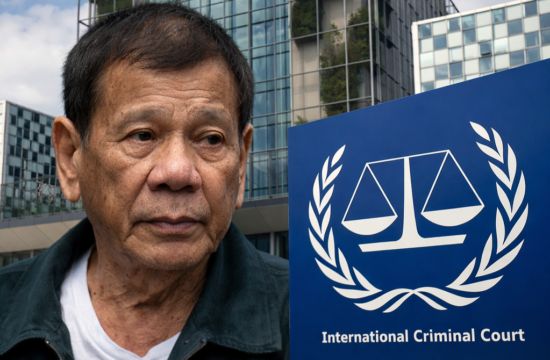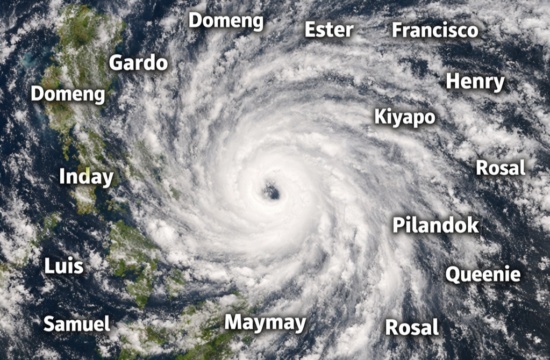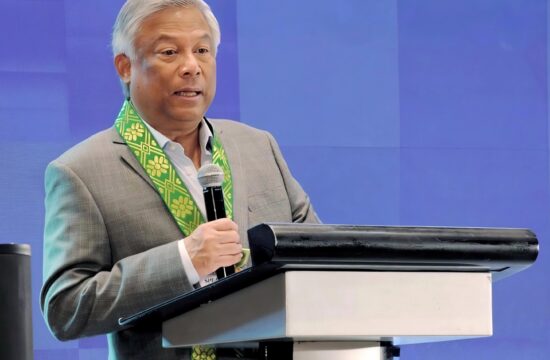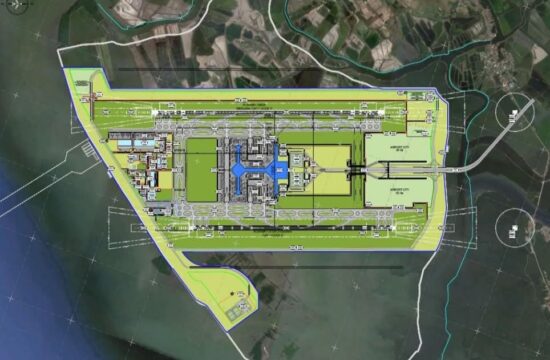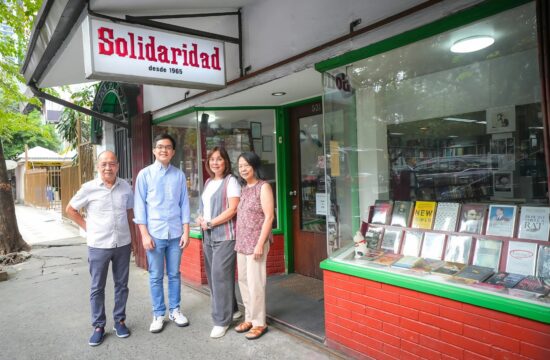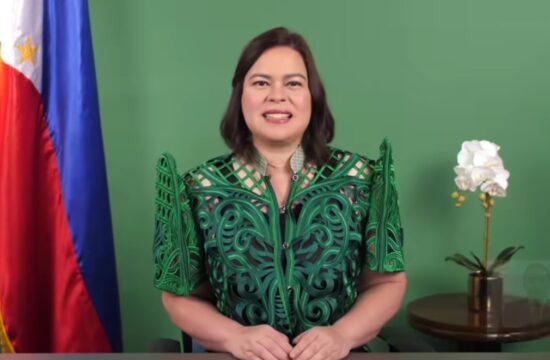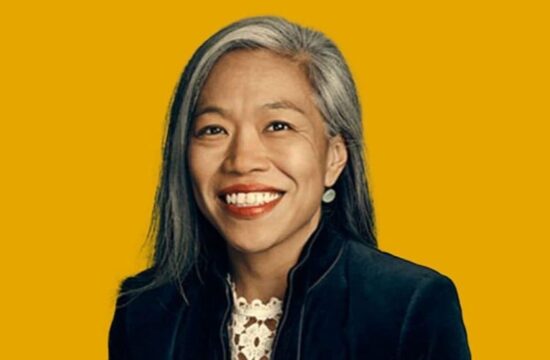A Filipino political scientist warned that the Philippines is recalibrating its foreign policy under pressure, navigating what he described as a widening trust deficit with a major power even as it deepens ties with Germany—a shift he said is rooted not in rhetoric, but in strategic learning.
Dr. Aries Arugay, a University of the Philippines (UP) political science professor, made the assessment during Asia Society Philippines’ forum “Eyes on Germany: Navigating Security in a Changing World,” held on November 24 at the Manila House Private Club. He argued that Berlin’s growing focus on the Indo-Pacific aligns with Manila’s urgent need to diversify its security partnerships.
“I’d like to make a case that Germany’s current emphasis on the Indo-Pacific strategy is not merely rhetoric or words,” Arugay said, describing his recent visit to Berlin with a delegation of scholars and practitioners. Even within days, he said, “we were able to get a glimpse of the seriousness of purpose of Germany’s attention to the Indo-Pacific.”
But the sharper point came when he connected Berlin’s strategic posture to Manila’s own diplomatic recalibration. The Marcos administration, he said, is widening its circle of partners after “learning from previous experience that we can’t really put all our strategic eggs in one basket.” Without naming countries, he noted the Philippines’ mutual defense treaty with “one superpower” and a strained relationship with “the other superpower, wherein our current relations are not defined with strategic trust.”
His remarks—measured, but unusually frank—underscored the geopolitical tension that has pushed Manila and Berlin into closer alignment. Arugay outlined four areas where the partnership naturally converges: support for international law, maritime security, climate-linked energy transition, and a shared commitment to multilateral institutions and democratic values.
“Manila, or the Philippines, cannot go outside this framework,” he said of the 1982 Manila Declaration on peaceful dispute resolution. He also stressed that the climate-security nexus is now “urgent,” saying the Philippines, as a climate-vulnerable archipelago, “cannot decouple both” maritime and environmental security.
Arugay said the alignment extends to diplomacy: “For a country that has signed eight of the nine human rights court treaties, I think the Philippines cannot really veer away from a very values-based foreign policy.”
The professor warned, however, that Manila’s expanded diplomatic agenda will be tested almost immediately when it assumes the ASEAN chairmanship in 2025. “The region finds itself in the most challenging strategic environments in recent years,” he said, adding that the Philippines must “reinvigorate momentum” in long-stalled ASEAN efforts, including the Code of Conduct negotiations for the South China Sea.
While he noted the Philippines has long been viewed as “the most U.S.-aligned country” in Southeast Asia, he said the upcoming chairmanship still offers openings—particularly on Myanmar, climate issues and humanitarian mechanisms—provided Manila can manage “a unique mix of opportunities and vulnerabilities.”
Looking beyond 2026, Arugay said Manila is pushing an even more ambitious goal: winning a non-permanent seat on the UN Security Council, two decades after its last term. The Philippines, he said, hopes partners like Germany will help bolster the campaign. The seat, he argued, would allow Manila to “champion the peaceful settlement of disputes, elevate climate security, maritime governance, humanitarianism, and basically act as a bridge between the global south and the major power blocs.”
But the bigger challenge, he warned, lies at home. “The homework of the Philippines is enormous,” Arugay said. “And this is why I think domestic distractions should not be a blockage to the pursuit of our strategic interests.”
The forum—organized by Asia Society Philippines in partnership with Friedrich-Ebert-Stiftung (FES)—examined Germany’s historic shift in security and defense policy and what its redefined global role means for the Indo-Pacific as maritime tensions, cyber threats, and concerns over multilateral erosion continue to rise.
Follow PHILIPPINES TODAY on Facebook and Instagram, and subscribe on YouTube for the latest updates.

